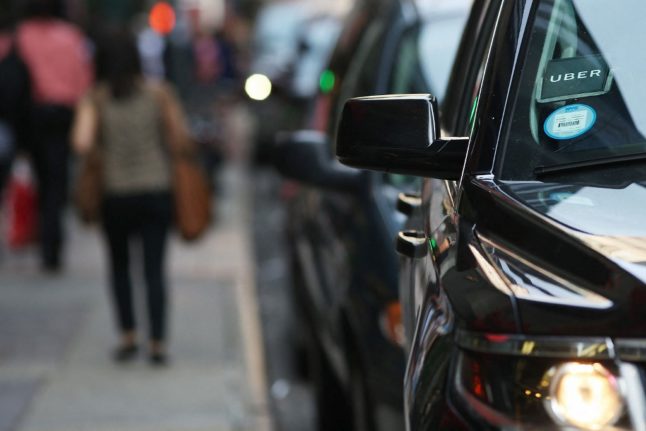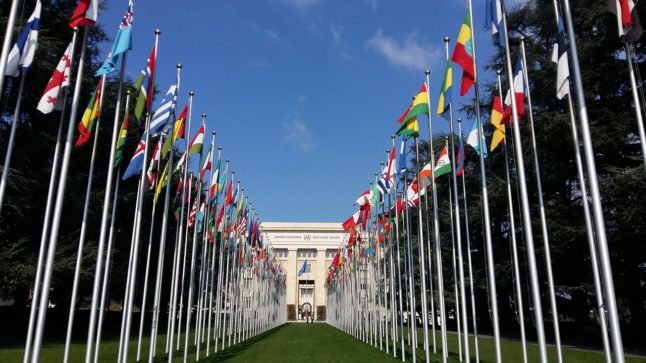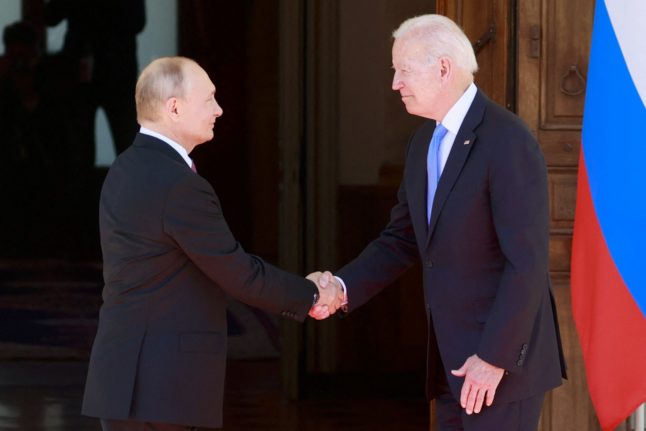Geneva has lifted a temporary ban on Uber cabs after reaching an agreement with the ride-hailing giant, both sides announced Friday.
A week ago, Switzerland’s highest court agreed that Uber drivers should be considered employees and not independent contractors, backing a decision by the Geneva canton to temporarily ban the US firm’s ride-hailing activities.
Under the new deal, Uber drivers in Geneva will now be employed by “Swiss partner companies”, and should be able to return to work over the weekend, Uber said in a statement.
“We are fully committed to supporting our partner companies and their drivers and to allowing users once again to travel safely at an affordable price,” said Uber Switzerland’s general manager, Jean Pascal Aribot.
Last week, Switzerland’s Federal Court rejected Uber’s appeal against a 2019 ruling in the Geneva canton classifying its drivers as employees, and ordering it to halt its activities unless it pays their social charges.
In the rest of Switzerland, Uber does not, for the moment, plan to set up “such a binding model”, as the “vast majority” of Uber drivers in the country “wish to remain independent”.
Uber believes that only some of the hundreds of drivers who worked via the app in Geneva before the ban would return under the new system.
“We plan to relaunch our cab services this weekend, as soon as we have enough drivers on board by becoming employees of one of our partner companies,” Uber said, citing a gradual return over the coming days.
Under their new status, drivers will get the Geneva minimum wage of 23.27 Swiss francs ($23.55) an hour — one of the highest in the world — while their new employers will have to pay their social security charges.




 Please whitelist us to continue reading.
Please whitelist us to continue reading.
Member comments